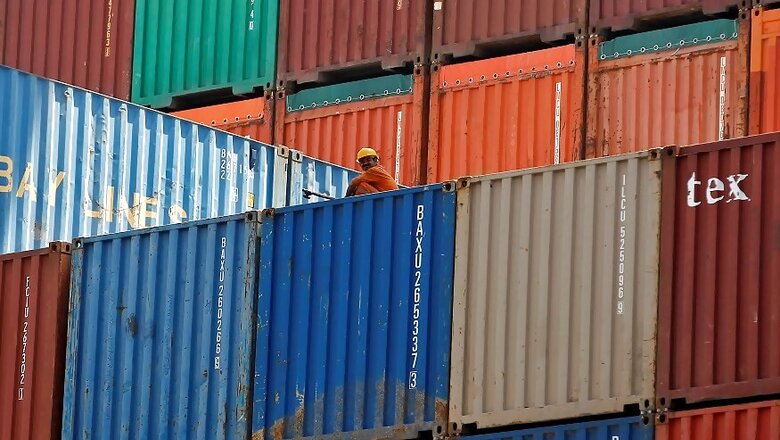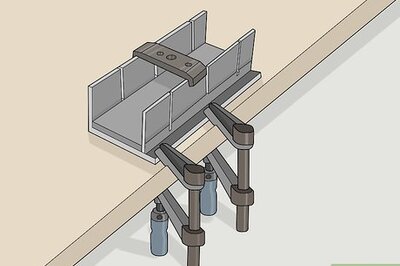
views
New Delhi: India has extended anti-dumping duty on imports of float glass from China for three months till December 7, as per a notification. The move is aimed at guarding domestic industry from cheap imports from China. “…the anti-dumping duty imposed under this notification shall remain in force up to and inclusive of the 7 th December, 2020, unless revoked, superseded or amended earlier,” the Department of Revenue said in the notification. Float glass, made by floating molten glass on a bed of molten metal, is used in sectors like construction. The duty of USD 218 per tonne was imposed for the first time on September 8, 2015 for five years. It was extended after the recommendation of the commerce ministry’s investigation arm Directorate General of Trade Remedies (DGTR). In a separate notification dated September 2, the department has imposed provisional anti-dumping duty on imports of Ciprofloxacin Hydrochloride medicine from China for a period of six months. It is used to treat different kinds of bacterial infections. DGTR had recommended the anti-dumping duty after conducting a probe into alleged dumping of this medicine from China. The directorate had in June concluded that the medicine has been exported to India from China at dumped prices, due to which the domestic industry has suffered material injury. The duty imposed is in the range of USD 0.94 to USD 3.29 per kg. “The provisional anti-dumping duty imposed under this notification shall be effective for a period of six months (unless revoked, amended or superseded earlier),” it added. Countries initiate anti-dumping probes to determine if the domestic industry has been hurt by flooding of below-cost imports. As a counter-measure, they impose duties under the multi-lateral WTO regime. Anti-dumping steps are taken to ensure fair trade and provide a level-playing field to the domestic industry. They are not a measure to restrict imports or cause an unjustified increase in cost of products.
Disclaimer: This post has been auto-published from an agency feed without any modifications to the text and has not been reviewed by an editor




















Comments
0 comment